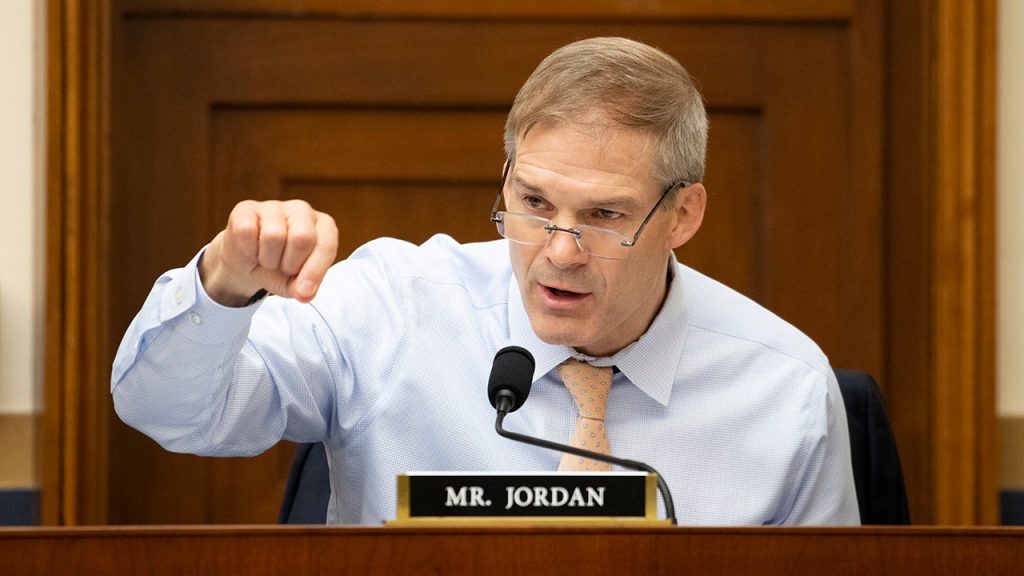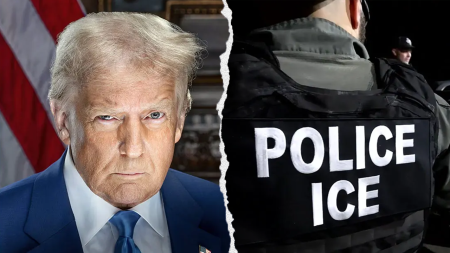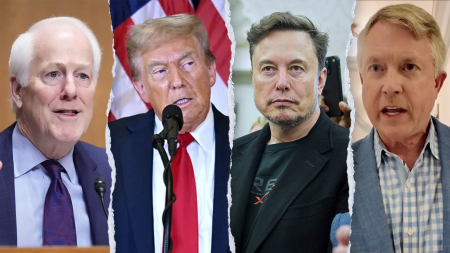The House Select Subcommittee on the Weaponization of the Federal Government, chaired by Rep. Jim Jordan, has released a comprehensive 17,000-page report documenting its findings on alleged federal government overreach and censorship. The report alleges a two-tiered system of justice favoring the politically connected while targeting ordinary citizens, particularly under the Biden-Harris administration. The subcommittee’s core mission was to expose these abuses and safeguard fundamental American rights, focusing specifically on protecting free speech, investigating the weaponization of law enforcement, and probing executive branch interference in constitutionally protected activities.
A significant portion of the report addresses the alleged “censorship-industrial complex,” a coordinated effort between government agencies, academia, nonprofits, and private entities to suppress online speech. The subcommittee asserts that its investigation revealed the extent of this complex and how the federal government collaborated with Big Tech companies to censor information deemed “misinformation,” “disinformation,” or “malinformation.” The report highlights Facebook CEO Mark Zuckerberg’s admission of government pressure to censor content, as well as the subsequent shutdown of “disinformation” research programs by universities and other organizations. The subcommittee credits its work with influencing a Supreme Court dissent acknowledging the suppression of valuable speech and prompting federal agencies to reduce communication with Big Tech companies.
Furthermore, the report details the subcommittee’s efforts to prevent the formation of the Global Alliance for Responsible Media (GARM), an advertising association accused of boycotting conservative media outlets. The committee uncovered discussions within GARM about denying advertising revenue to conservative platforms and actively boycotting conservative voices and Elon Musk’s “X” (formerly Twitter). This revelation led to the disbanding of GARM, marking a significant victory for the subcommittee in its fight against alleged censorship and discrimination against conservative voices.
The subcommittee’s investigation extended to alleged weaponization of federal law enforcement agencies, particularly the FBI. Through interviews with whistleblowers, the subcommittee uncovered instances of waste, fraud, and abuse within the bureau, including retaliation against whistleblowers who exposed these issues. The report describes how the FBI allegedly misused its security clearance process to target whistleblowers, forcing suspensions without pay and preventing them from seeking other employment. The FBI subsequently admitted its error and reinstated the security clearance of one affected employee. The subcommittee also revealed the FBI’s targeting of Catholics based on their religious views, the Department of Justice’s (DOJ) directives aimed at parents at school board meetings, and the IRS’s practice of unannounced home visits to taxpayers.
Beyond these, the subcommittee investigated the executive branch’s alleged interference in constitutionally protected activities. They highlight the DOJ’s subsequent policy changes to respect the separation of powers and limit subpoenas for legislative branch employees, as well as exposing extensive warrantless surveillance of Americans by law enforcement. The report further emphasizes the FBI’s attempts to discredit a story about the Biden family’s alleged influence peddling before the 2020 election. The subcommittee argues that the Biden campaign colluded with the intelligence community to falsely label this story as “Russian disinformation.”
The comprehensive report includes a detailed record of the subcommittee’s activities, including hearings, letters, subpoenas, depositions, and transcribed interviews conducted during the Congressional session. This extensive documentation aims to provide transparency and support the subcommittee’s claims. The 99 depositions and interviews encompass a wide range of individuals, from former FBI and CIA officials like former Director John Brennan to former Manhattan District Attorney’s Office prosecutor Mark Pomerantz, involved in the original hush-money probe against President Trump. The report also includes interviews with officials from Facebook, Meta, and Google, offering valuable insights into the subcommittee’s investigation into the alleged “censorship-industrial complex.” The subcommittee asserts that its work, while incomplete, represents a crucial first step toward halting the perceived weaponization of the federal government.










